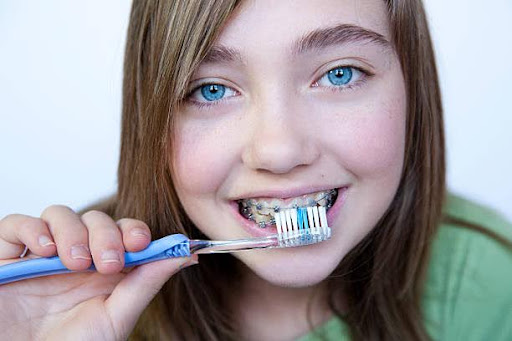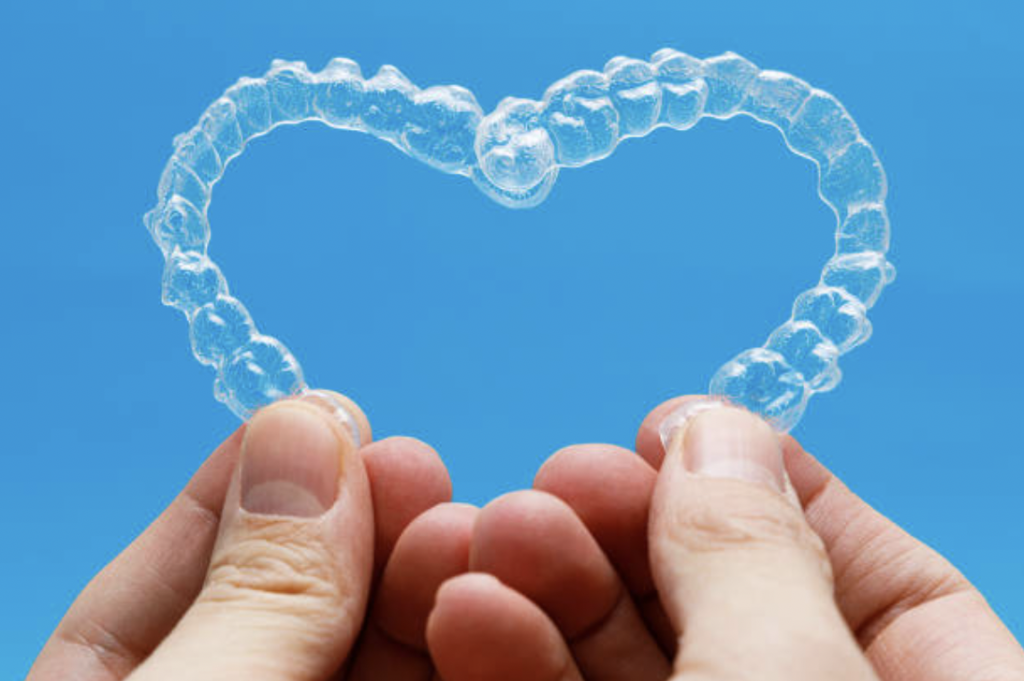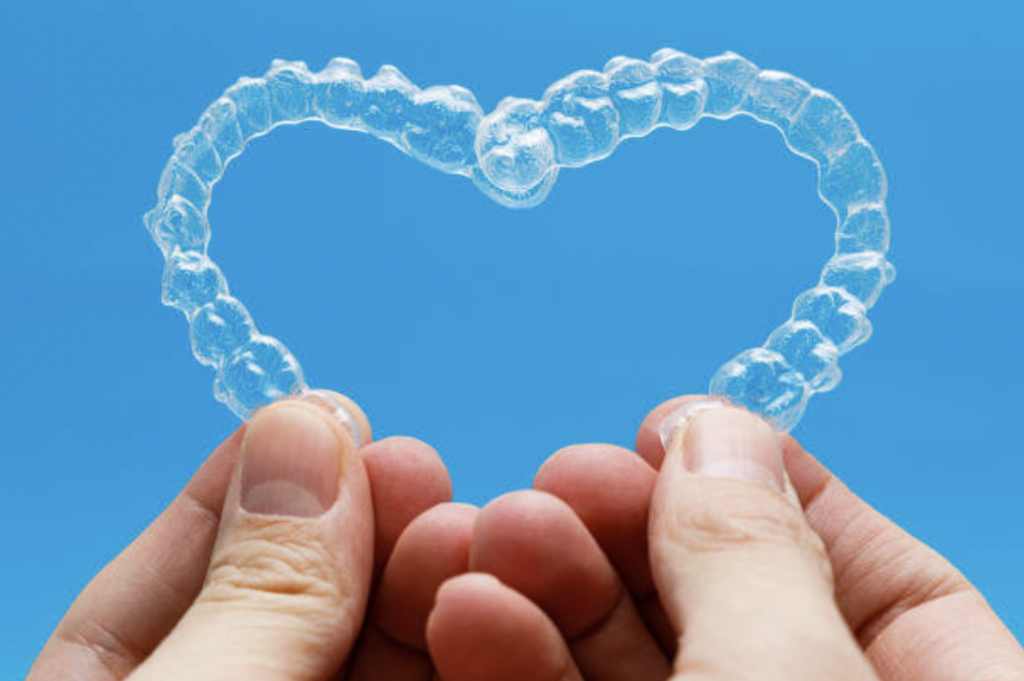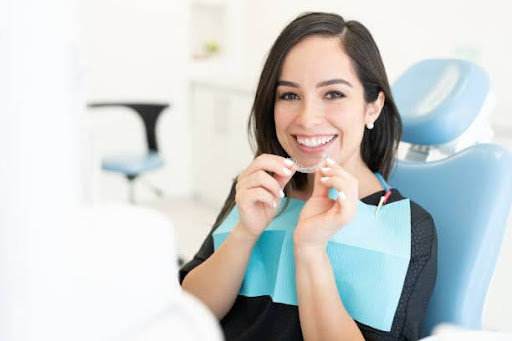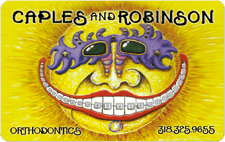
A radiant smile isn’t just about aesthetics—it’s a cornerstone of confidence and overall health. Correcting misaligned teeth can not only enhance your appearance but also improve your oral health. However, a recent trend in remote orthodontic care, particularly through mail-order aligners, has left many individuals disillusioned with promises of quality care at a lower cost and without in-office visits. Let’s delve into the pitfalls of this trend.
Understanding the Mail-Order Trend:
In recent years, online companies have lured patients with the allure of clear aligners similar to those provided by orthodontists, but at a fraction of the cost and without the need for in-person appointments. These companies claim to offer equivalent care remotely, making orthodontic treatment seemingly more accessible and affordable.
The Problematic Reality:
Despite the convenience touted by mail-order aligner companies, several issues arise during remote care. Unlike professional orthodontic care, where aligners are custom-created based on precise digital scans of your mouth, mail-order aligners rely on molds of your teeth taken without professional supervision. These molds are less accurate, potentially resulting in ill-fitting aligners and compromised treatment outcomes.
Moreover, in-office visits play a crucial role in professional orthodontic care, allowing our team to monitor progress, address complications, and ensure treatment efficacy. Remote orthodontic treatment lacks this personalized oversight, with care overseen by a doctor whom you’ve never met in person.
The Importance of Professional Care:
When it comes to straightening your teeth, shortcuts and false promises shouldn’t dictate your decision. Professional orthodontic care, such as that provided by Caples & Robinson Orthodontics of Monroe, offers personalized treatment plans tailored to your unique needs. With in-person evaluations and guidance throughout your journey, we prioritize your oral health and treatment success.
Don’t Compromise Your Smile:
Don’t be swayed by the allure of cheap alternatives or convenience. Your smile deserves expert care and attention. Schedule an appointment with our orthodontist in Monroe today and embark on a journey towards a confident, healthy smile you’ll proudly flaunt for years to come. Don’t let false promises jeopardize your investment in your smile—trust in professional orthodontic care for optimal results.


